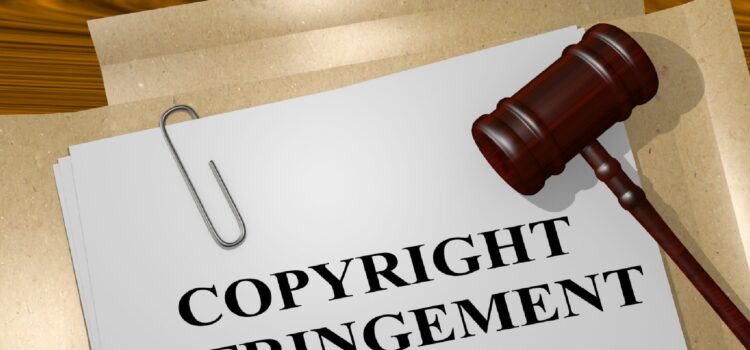It’s said that imitation is the sincerest form of flattery, but not when someone is profiting from it. Is someone copying your artwork and passing it off as their own? Did someone replicate and started selling your ingenious product? Whether your idea was stolen by a megacorporation or by some stranger on the internet, you can do something to take back what’s yours.
Here is a brief guide to dealing with copyright infringement in Australia.
Is the Invention Genuinely Yours?
We all know someone who claims to have invented or created something long before it was available on the market. But just thinking of an idea doesn’t grant your ownership or copyright rights over the idea. Copyright rights protect the expression of an idea, not the idea itself. To claim copyright infringement, you have to show that you own copyright rights in the work and that the other person reproduced the work without permission. Moreover, you need to take a look at the jurisdiction of the copyrighted work to make a claim.
Do You Have Proof?
As previously mentioned, merely ‘thinking’ of an idea isn’t enough to claim copyright. You need to have evidence to prove that the idea is actually yours. From recording the process of creating a piece of art or an invention, make sure you have proof before proceeding with the infringement case.
How Did the Thief Find Your Work?
Can two people come up with the same idea at the same time? It’s possible. Multiple discoveries is a phenomenon when notable inventions have occurred simultaneously yet independently among different inventors. People can co-incidentally create the same thing and that does not mean one person has a claim over the other person.
If you are accusing someone of stealing your copyright work, you have to establish how they accessed it. Whether you submitted your portfolio to a company or uploaded your work on the internet, it’s important to prove that they came across your work and copied it.
Is It Even a Copy?
Just because a product is similar to yours doesn’t make it a copy. For example, two people can create very similar works independently of each other. Also, it is possible to take a non-substantial part of a work without infringing copyright rights.
However, if someone has blatantly copied your work without a defence applying, then you can take action. In some cases, making a derivative work and profiting from them is your exclusive right as the original creator of the work.
Was There a Commercial Gain?
If someone has copied your work without any kind of credit in form of name attribution or revenue, you may have the right to enforce your copyright against them. While proving financial gain is not a deciding factor for enforcing copyright, it helps determine damages.
Should You Seek Legal Counsel?
Enforcing intellectual property is tricky and time-consuming. Seeking legal counsel from an experienced copyright lawyer is a reliable way to find a resolution and protect your rights to the product.
Is Going to Court the Only Option?
No. First, you can start by ensuring you can prove you own the work, assessing the infringement and sending a cease and desist letter. This letter demands the infringer take down the plagiarized work immediately and, if they don’t comply, you can consider taking them to court.

